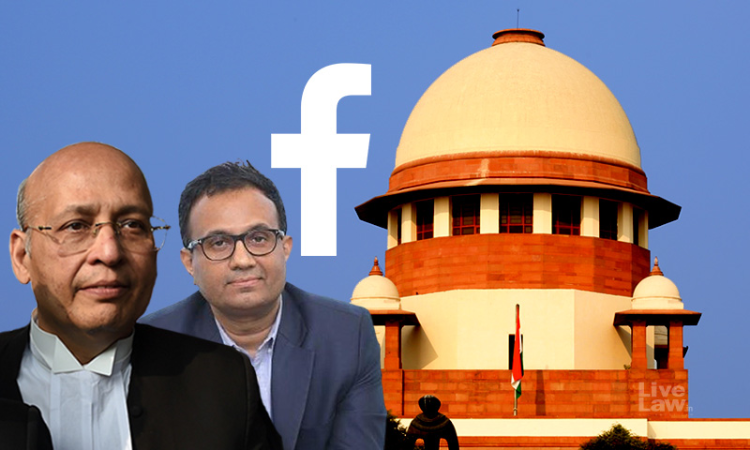Delhi Assembly Competent To Discuss Delhi's Peace & Harmony : Singhvi Defends Summons To Facebook VP
Nupur Thapliyal
4 Feb 2021 7:37 PM IST

Next Story
4 Feb 2021 7:37 PM IST
The Supreme Court on Thursday continued to hear Facebook India Vice President, Ajit Mohan's challenge to the two summons issued by the Delhi Legislative Assembly's Committee On Peace and Harmony asking him to appear before it for enquiry into the role of fake news behind the Delhi riots of February 2020. Dr. Abhishek Manu Singhvi, senior counsel appearing on behalf of the Delhi Assembly...
